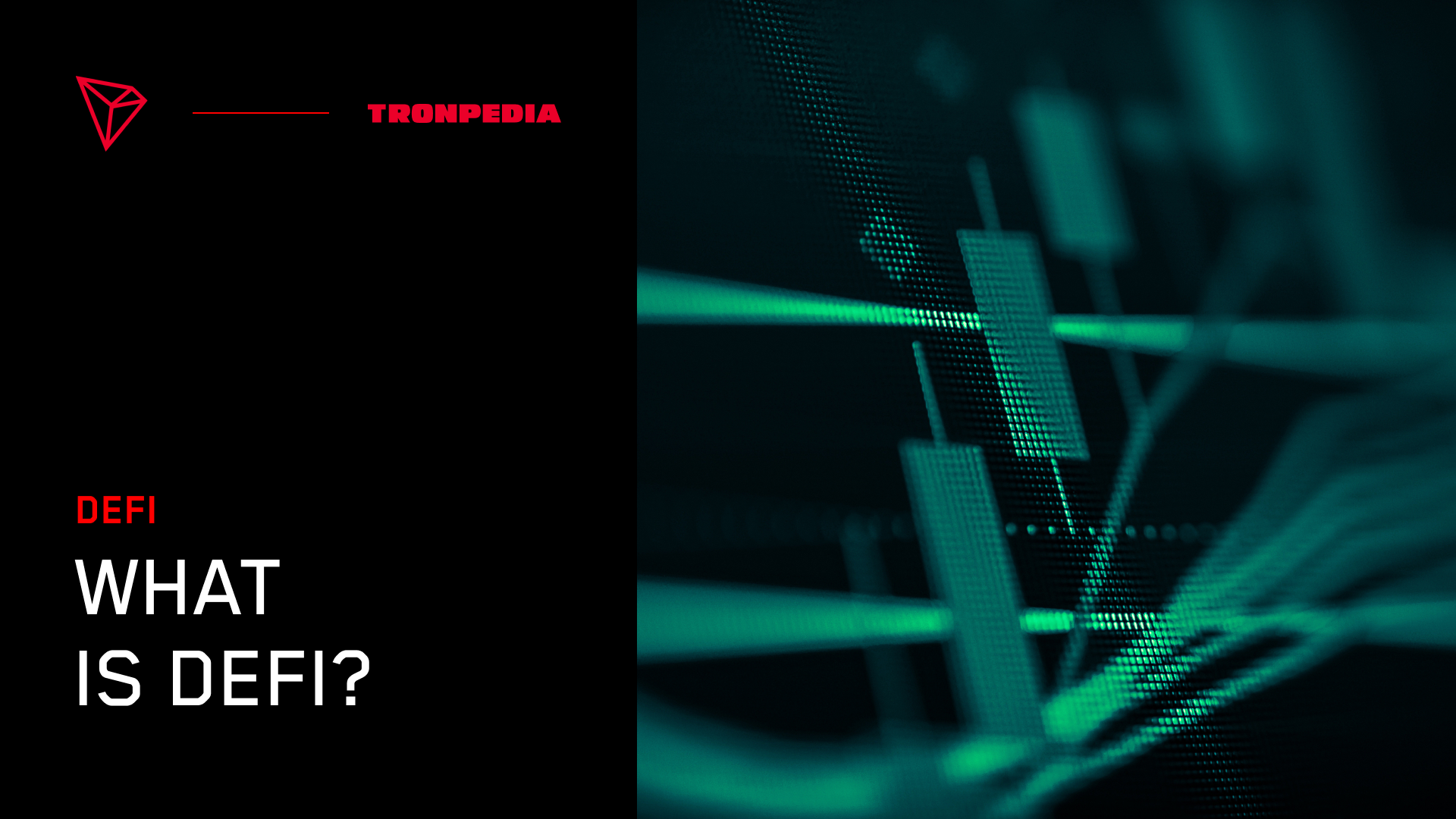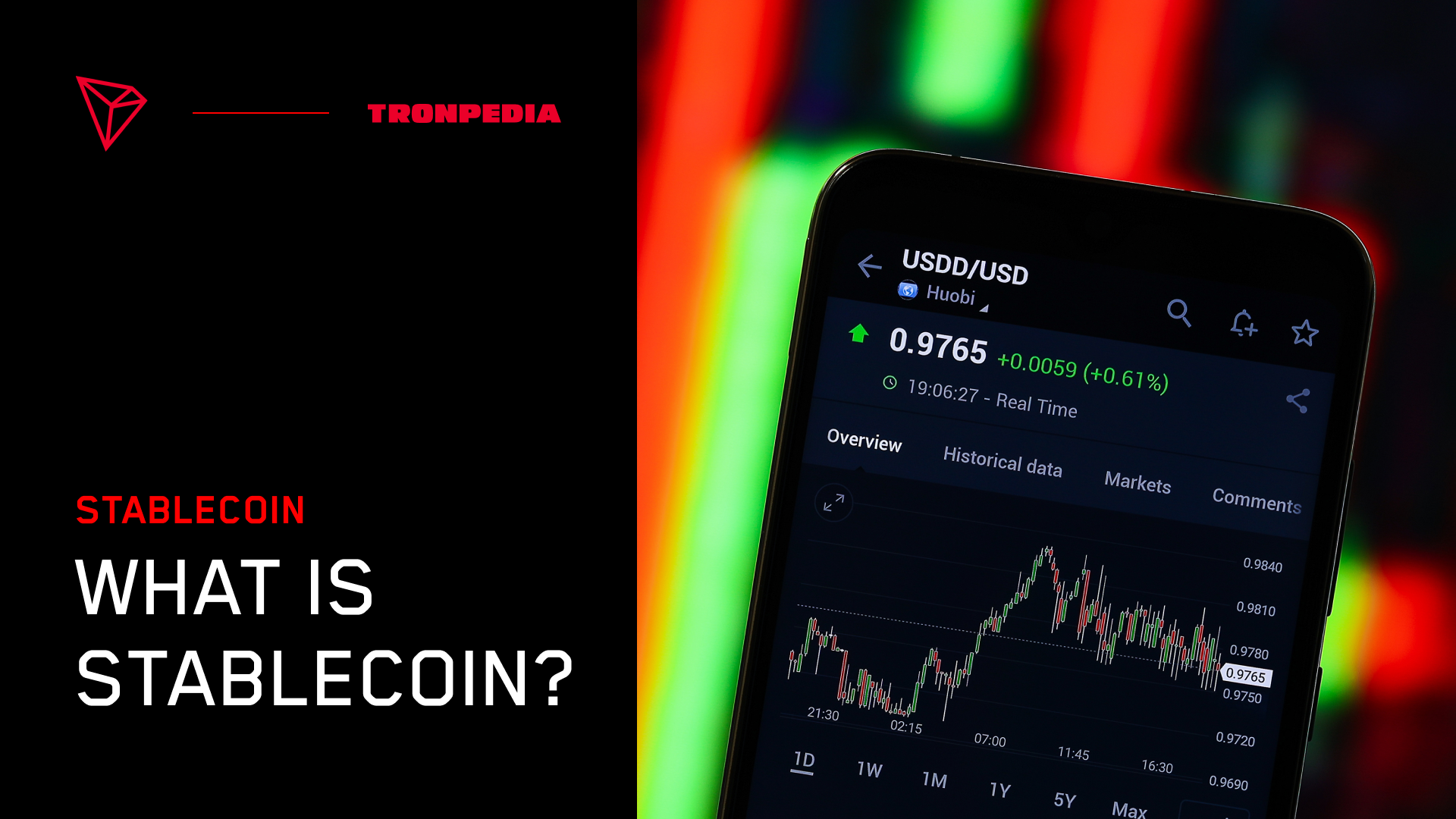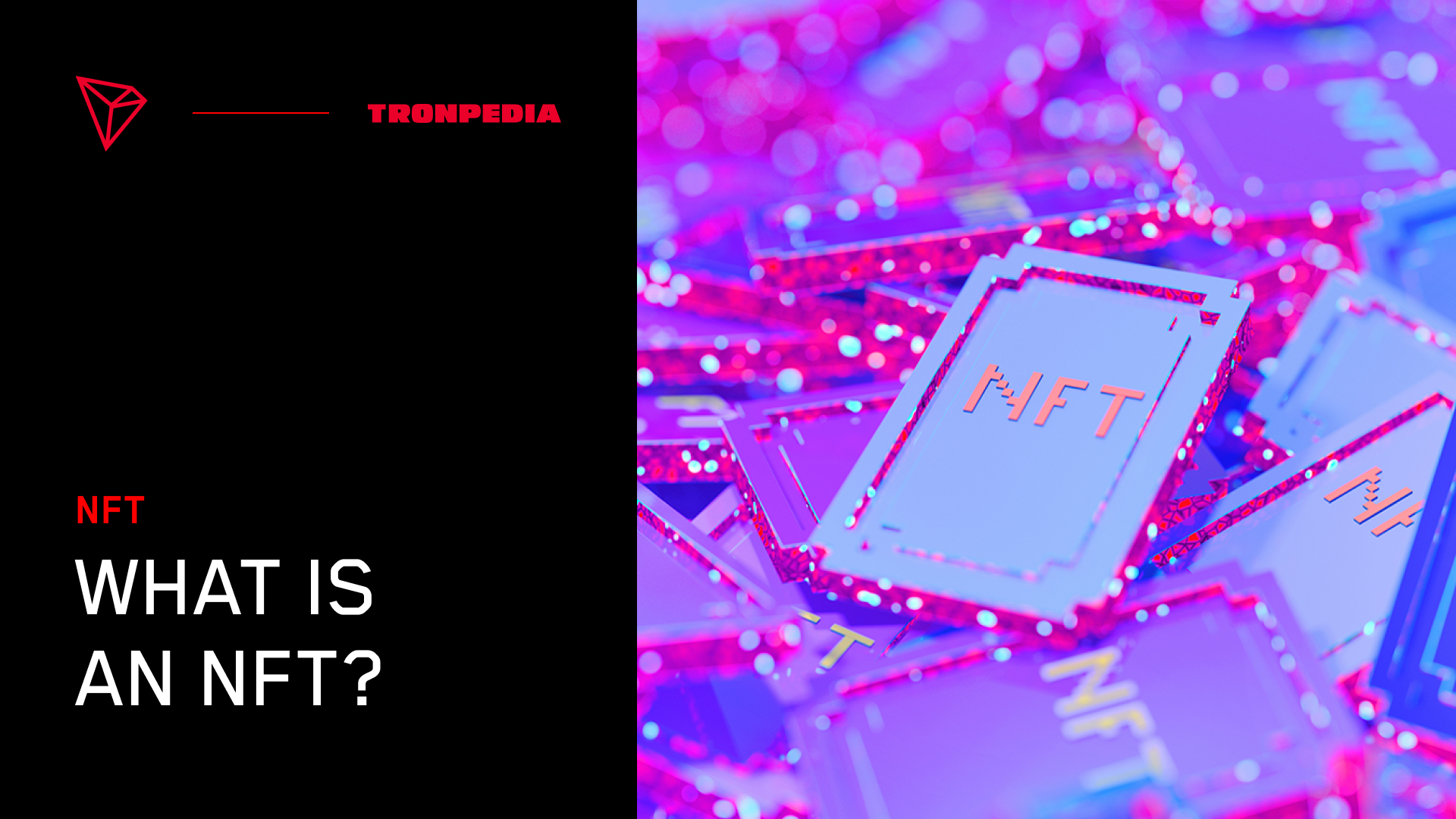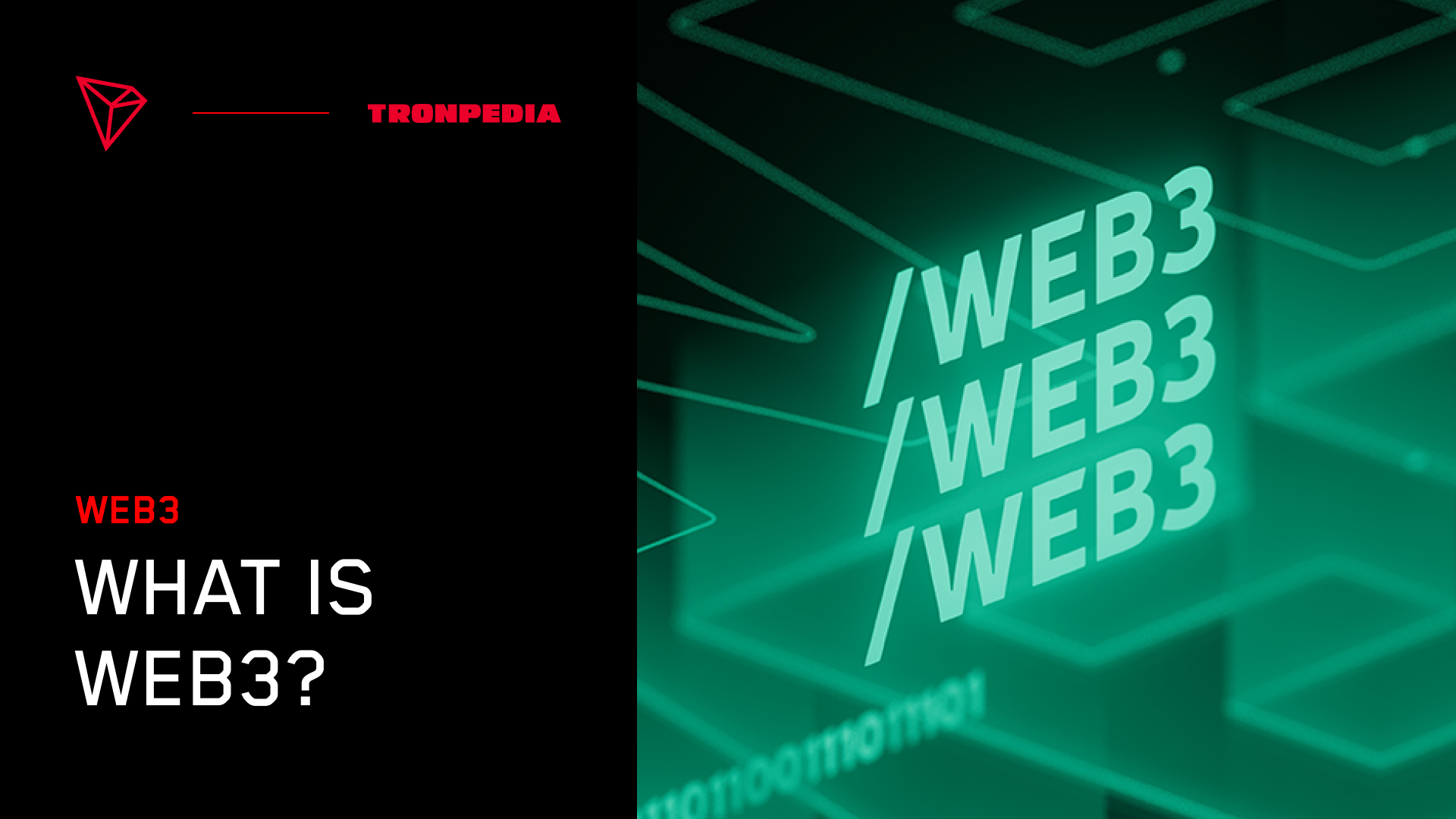DeFi, or Decentralized Finance, is a new financial system that utilizes open source and distributed networks to achieve a more transparent economic system. DeFi can eliminate costly intermediaries, process transactions in real time, and give nearly 1 billion unbanked people access to financial services.
Centralized Finance vs Decentralized Finance
Centralized finance (CeFi), or traditional finance, is the economic system most people are familiar with. People trust banks and corporations to safely hold onto their money, and banks use the capital entrusted to them to make loans to other people or businesses. And although these institutions provide many benefits, they create some problems.
Our current system is full of third-party intermediaries trying to get their cut. These financial intermediaries are entities that facilitate financial transactions between two parties. For example, if you’re trying to buy a novel from your local bookstore with your credit card, your card’s network and your bank take fees before the merchant receives anything.
DeFi offers a better alternative by facilitating P2P, or peer-to-peer, digital transactions. These P2P transactions connect the economic agents directly and remove the need for any intermediaries. Because your money is going through so many fewer hoops, it also allows for much faster transactions. The best part? Opposed to the plethora of documents, approvals, and score-checks associated with banks' application processes, DeFi just requires an internet connection. With about 1.7 billion people in the world still not having access to financial services, DeFi has the opportunity to radically transform the world's economy.
What can you do with DeFi?
DeFi is not just good for sending money to others, its infrastructure allows for borrowing, lending, interest accrual, and trading.
Crypto asset owners can lend out their digital assets to people who want to use them, and earn a return. By essentially giving loans, you can replace the bank and receive a much higher interest rate than the 1% banks typically offer. Inversely, you can borrow crypto from others by putting up collateral.
You also have the opportunity to accrue interest passively by staking your cryptocurrency. Since there are no central authorities running the show in DeFi, many blockchains use a “consensus mechanism” to verify transactions. By locking up their digital assets for a period of time, without selling them, users have the chance to contribute in securing the blockchain network in exchange for a reward.
DeFi also has features which allow you to place bets on the future price of currencies and trade, buy, or sell currencies with your current assets.



